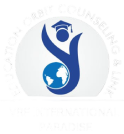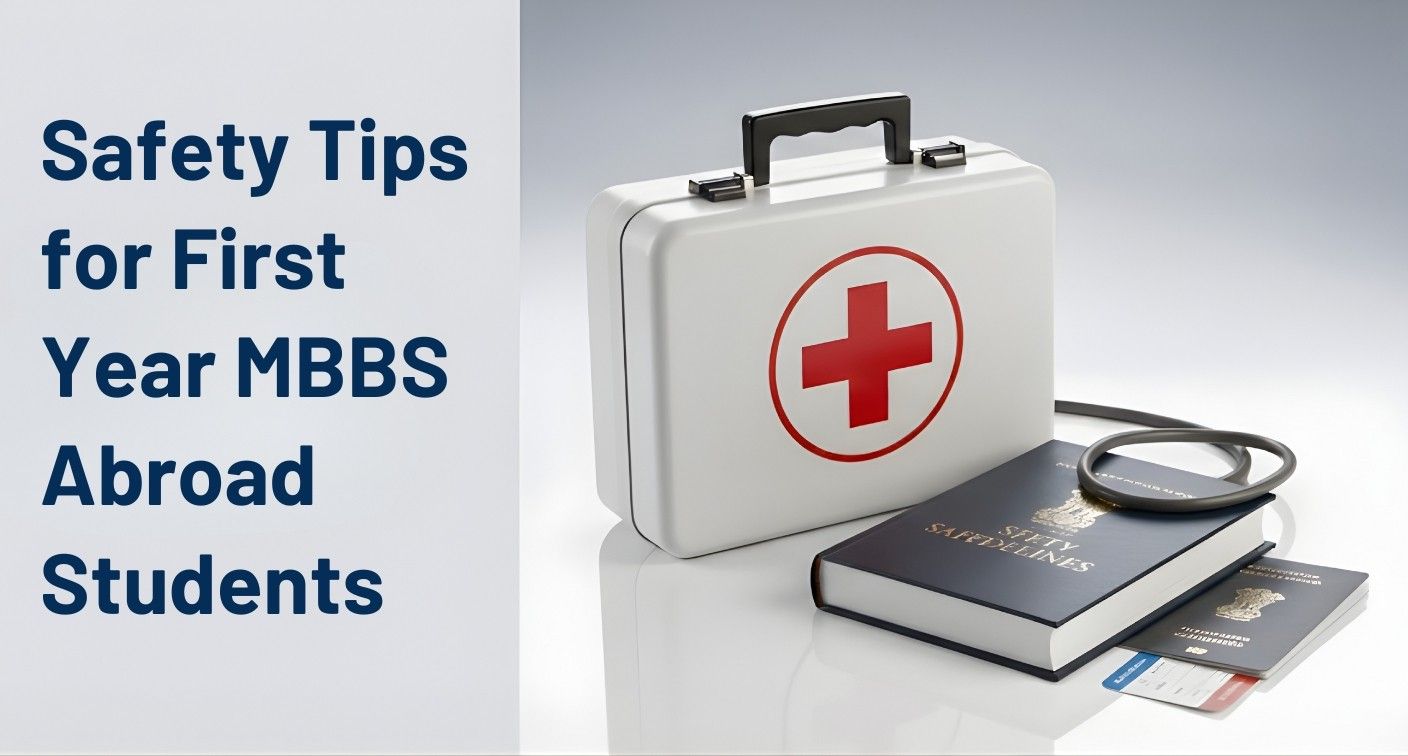Hungary has become an important presence in Europe in terms of medical education, as its institutions in Budapest and Debracen attract thousands of non-EU students each year. All programs are taught in English at a relatively low-cost level. University in Budapest is one of the oldest medical schools in Europe, operating for over 250 years. Medical education in Hungarian medical institutions is focused on clinical skills that begin early in their education and students begin locating themselves in the hospital as a part of their education quickly.
In Hungary, graduates are well-prepared for licensing examinations around the world and many receive offers from competitive residency programs.
The topics covered in the Italian medical training focuses on treating patients as people and includes significant time in clinical training in one of the world’s best healthcare systems. The six-year training is a combination of classroom-based teaching and in-hospital clinical training in teaching hospitals of recognised reputation.
Bulgaria provides one of the most affordable options for studying medicine in Europe, with reasonable tuition cost per annum. Medical universities based in Sofia, Plovdiv, Varna and Pleven offer medical programs delivered in English and possess adequate facilities and trained staff.
The Bulgarian medical training is based on European standards and contains solid clinical training. While the facilities may not be as good as those in Western Europe, the overall education is still robust. Many graduates pass international medical licensing exams.
These are some factors that you must consider before making a decision:
Here are some factors regarding admission and documents that you should know:
Pursuing your medical degree in another country can be a life-changing experience beyond simply being a student. You will likely become more independent, and develop cultural competencies and adaptability skills that are necessary for today’s physicians.
Joining student organizations or clubs, going to student events, and travelling in your host country during break time all develop your experiences.
Be ready to allocate a significant amount of time and energy studying medicine. It requires serious concentration and effort to study and retain the material.
Best Countries in Europe for MBBS Abroad, provide aspiring doctors with fantastic options to receive a quality education, global exposure, and low-cost tuition. Whether your select German universities with top of the line reputation, Polish universities with significant value, or Romanian programs with low-cost tuition, they all produce success in the field of medicine.
Be diligent in your research, be prudent in your financial assessment, and be disciplined with your studies because these are the factors that will help you gain admission and be successful. Reach out to students and alumni from each university that you shortlist in order to obtain real insight to their experiences.
Regardless of your medical education experience, pursuing a path toward become a doctor is rigorous. However, your destination will at least set the stage to complete your medical journey.







